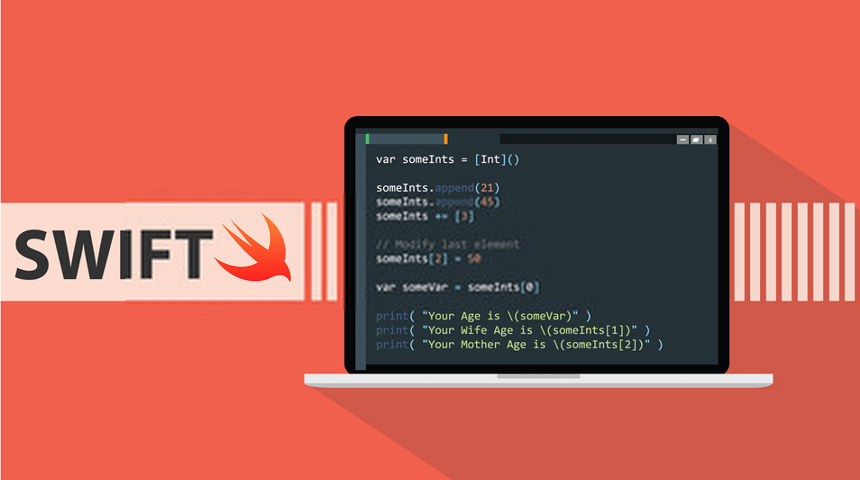
Free eBooks for Beginners
Initializers are a special kind of function in SWIFT that are used to set up the initial state of an object. An object can be thought of as a blueprint for creating instances of a specific type, and an initializer is used to give those instances a starting value or set of values.
There are several different types of initializers in SWIFT, each with a specific purpose. Some of the most common initializers include designated initializers, convenience initializers, and failable initializers.
Designated initializers are the primary initializers for a class, and they are used to fully initialize all of the properties of an object. They are the first initializers to be called when an object is created, and they are required in order to fully initialize an object.
Convenience initializers are used as a shortcut for creating an instance of a class. They allow you to initialize an object with a subset of its properties, making it easier to create objects with common starting values.
Failable initializers are used when it is possible for an object to fail to be created. They allow you to handle errors in the creation process and prevent objects from being created with invalid data.
It’s important to understand the role of initializers in SWIFT, as they play a key role in setting up the objects that make up your application. By using the right initializer for the job, you can ensure that your objects are created correctly and that they start off with the right data.
So if you’re just starting out with SWIFT, be sure to take some time to understand initializers and how they work. They will be a valuable tool in your SWIFT programming toolkit, and they will help you to create well-structured and maintainable code.
Cookbook – SWIFT for Beginners – Chapter 30: Initializers
 Loading...
Loading...
Disclaimer: The information and code presented within this recipe/tutorial is only for educational and coaching purposes for beginners and developers. Anyone can practice and apply the recipe/tutorial presented here, but the reader is taking full responsibility for his/her actions. The author (content curator) of this recipe (code / program) has made every effort to ensure the accuracy of the information was correct at time of publication. The author (content curator) does not assume and hereby disclaims any liability to any party for any loss, damage, or disruption caused by errors or omissions, whether such errors or omissions result from accident, negligence, or any other cause. The information presented here could also be found in public knowledge domains.